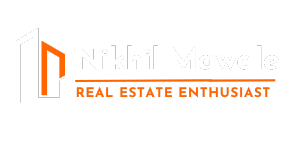First-Time Homebuyer’s Guide:
Tips and Tricks for Success
Buying your first home is an exciting milestone, but it can also be a daunting process. This guide will provide you with essential tips and tricks to ensure a smooth and successful home buying journey.

